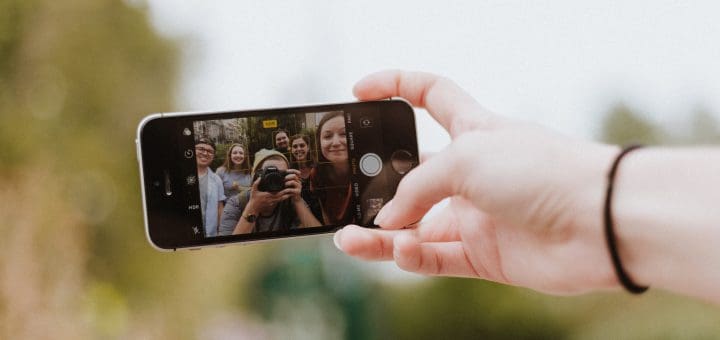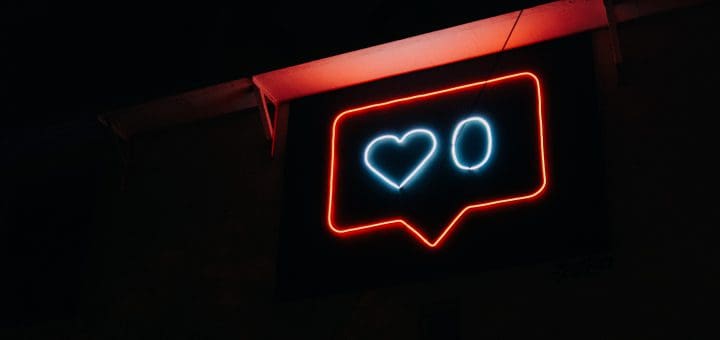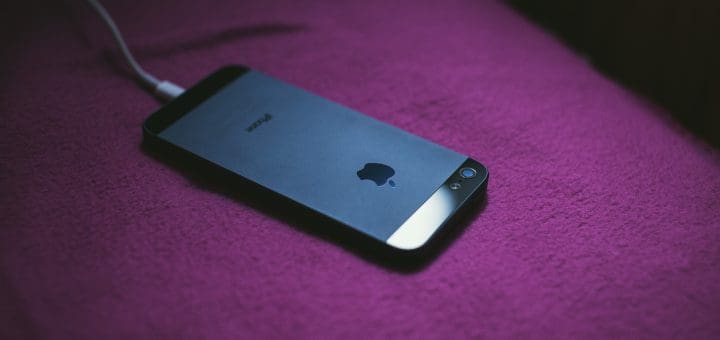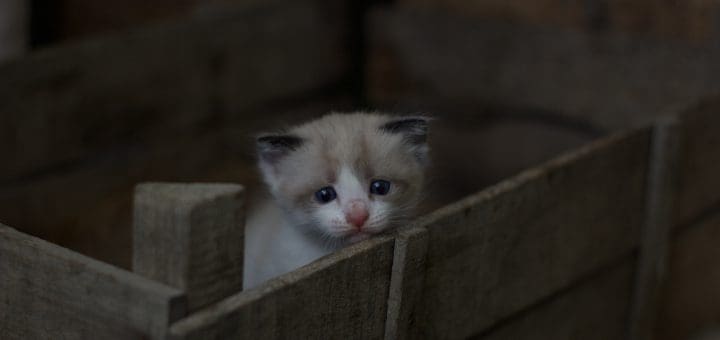Tagged: social media guide
We’ve discussed before how being 100% happy during the holiday season is just not realistic. In fact, feelings of anxiety can spike (especially those taking finals), the holiday blues is a real phenomenon, and as the days get shorter and the weather gets colder, those experiencing seasonal affective disorder may start experiencing symptoms.
An easy target for those criticizing how adolescents use technology today is by mimicking them taking a selfie.
It could be a notification about anything: a text from your best friend, an email, or a DM on Instagram. No matter what it is, getting that alert via vibration and/or ding! can send a wave of brief panic through your body, even if it’s a trivial random news notification about five new recipes to try this week.
It may be hard for some to remember the last time that they got a proper, full night’s sleep as we talk about naps and sleep this week. Schoolwork, jobs, and extracurricular activities are just a few things that can contribute to an adolescent’s hectic and busy schedule.
What are your favorite genres? Do you enjoy the stuff currently on the radio? Do you like pop, rock, rap, or any of the specific subgenres within them? Maybe you like a combination, or even all of them.
It’s easy to feel overwhelmed by social media. With all the different kinds of accounts we can have, the way we can rely on the number of likes and comments we get, and the tendency we have to compare ourselves to others about what we post, social media can heighten feelings of anxiety and/or depression.
Like it or not, we’re all on social media in some way. Despite the large amount of sites and platforms available, the chances that you have an account on the same platform as your parent is pretty likely.
We talked about how exactly we use humor and laughter as a coping mechanism for mental health on Monday. Of course, everyone finds different things amusing (memes and self-deprecating humor are two topics we’ve covered before), but cringe humor has started to become more and more popular among adolescents on social media.
Today is World Mental Health Day. You’ve probably seen tons of posts online about the importance of ending the stigma and starting conversations about mental illness – and that’s a good thing! Social media can often be a trigger for mental illness symptoms, but it’s also a platform where people can open up and be honest about their struggles.
Unless you live across the pond, you probably haven’t heard of sadfishing. You may have experienced the phenomenon, but just without a name to give it.










Recent Comments